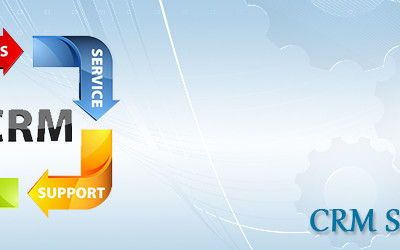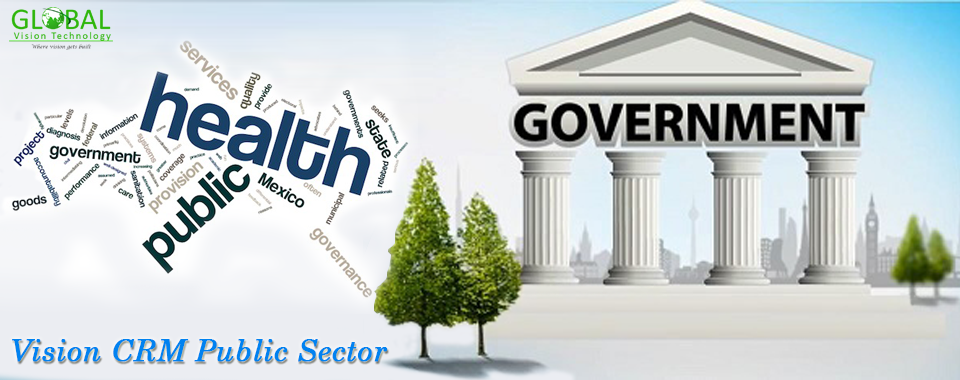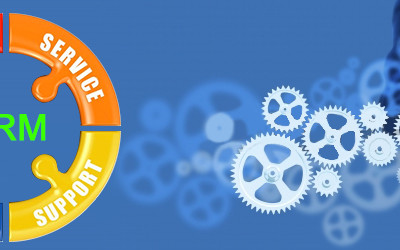
CRM Public Sector
CRM Public Sector in online government, or e-government, concentrates on the needs of people who use government services and turns CRM into “citizen relationship management.”
Sign up to get FREE CRM Trial
With online CRM services, public entities are offering their “customers” a host of online options, including allowing users to:
1) Pay property, state, and local taxes.
2) Manage individual personal profiles that contain user-specific information, such as the status of an accident report.
3) Pay for utilities and other services.
4) Register complaints.
 Interest in citizen relationship management is high, but the adoption by e-government organizations is slow.
Interest in citizen relationship management is high, but the adoption by e-government organizations is slow.
Government CRM Public Sector differs from its commercial counterpart in that e-government must meet the needs of the general public. The CRM public sector doesn’t have the luxury of focusing its efforts on its favorite customers.
“In the commercial sphere, Web sites can be selective,” said Jack Mathias, senior principal with the IT consulting group at American Management Systems, Inc. (AMS), a Virginia-based business and IT consultancy specializing in e-government.
“In the federal sphere, your e-government CRM solutions are required to address your entire customer base,” Mathias said.
For example, Mathias explained that the Internal Revenue Service (IRS) collects taxes from every U.S. citizen, not only a portion of the population. Likewise, the Social Security Administration must cover every citizen under the government program.
But broad solutions like those used by the IRS are not necessary for every e-government project. Many innovations in e-government come from small counties and townships that are eager to begin using CRM products.
To find out more about CRM Public Sector, click here
to conduct a free call.



